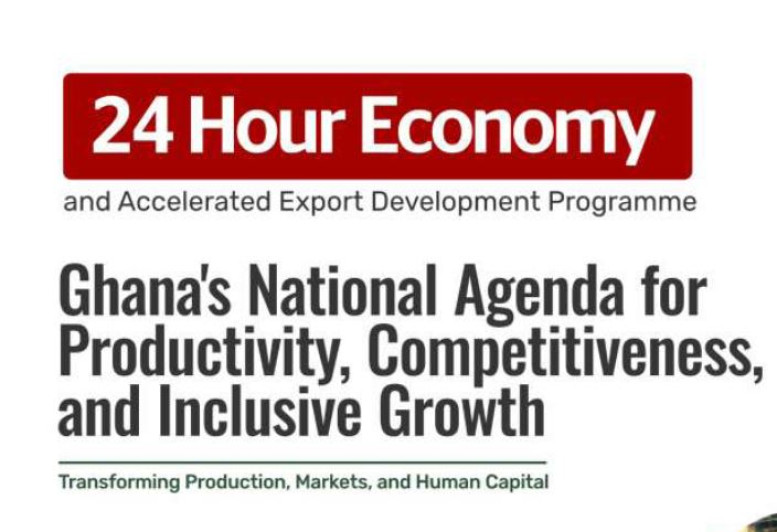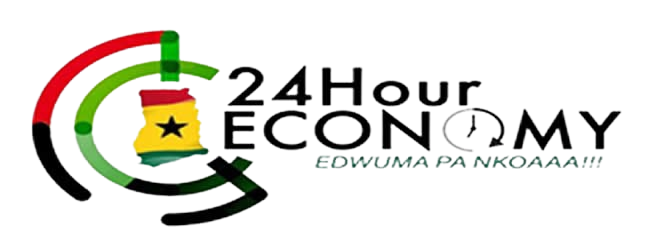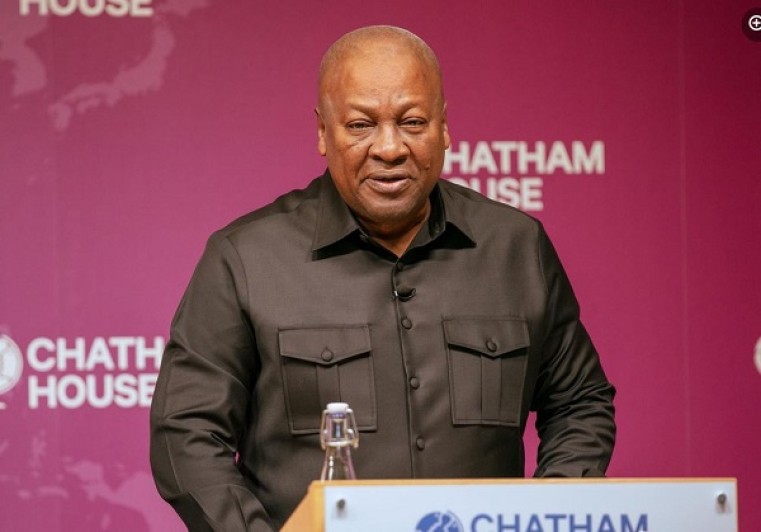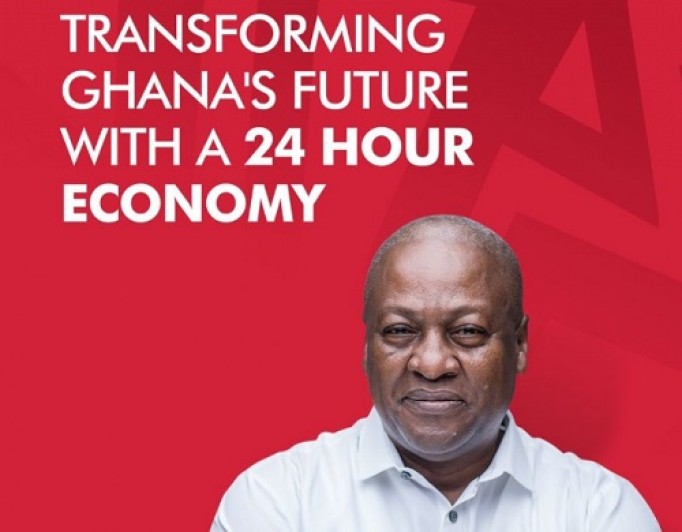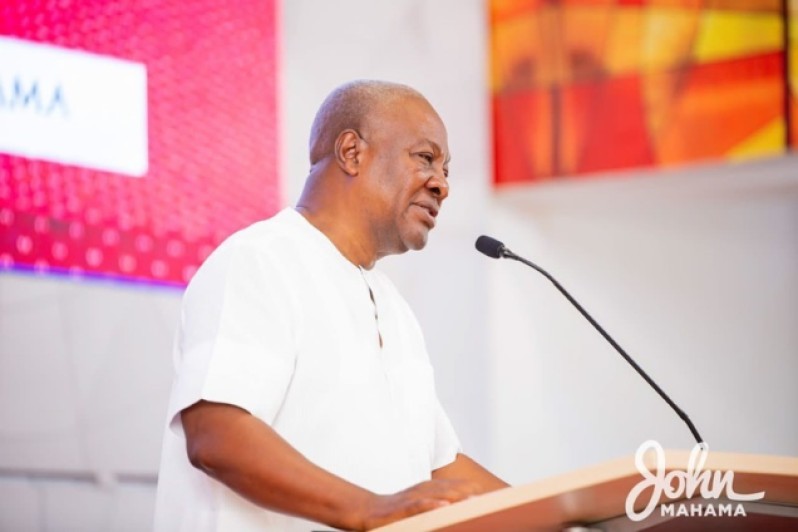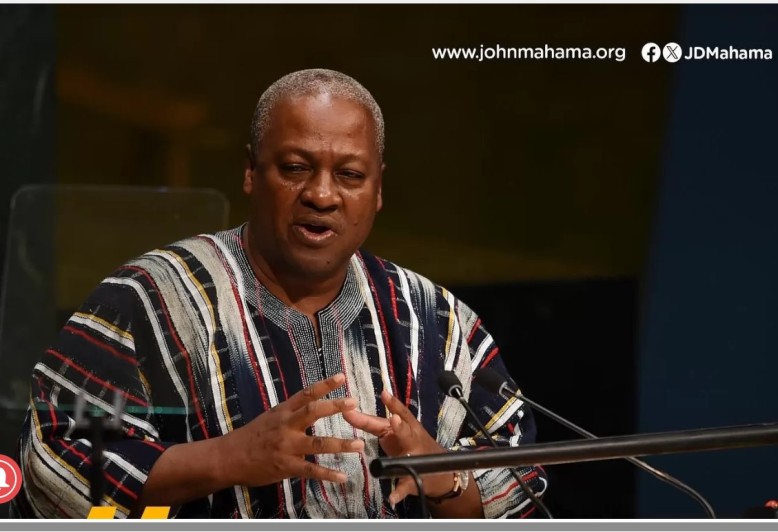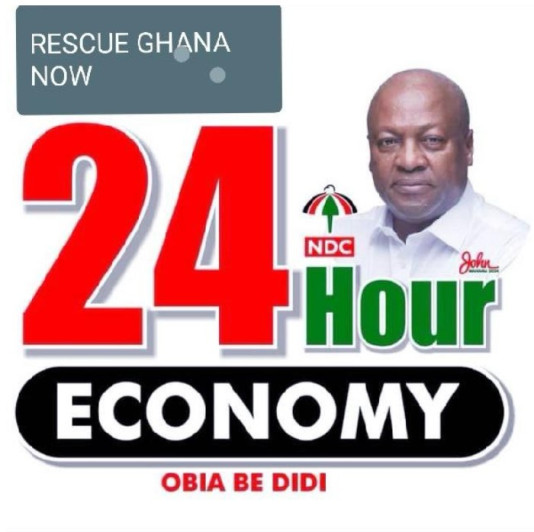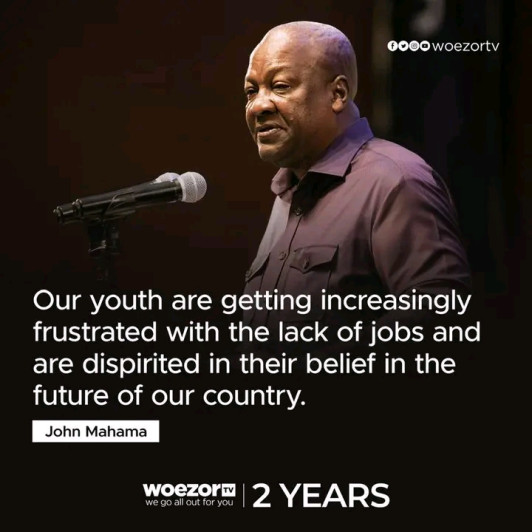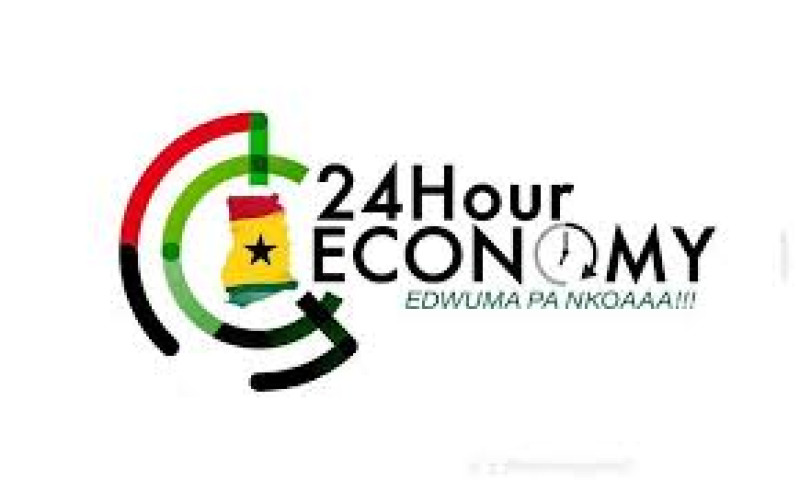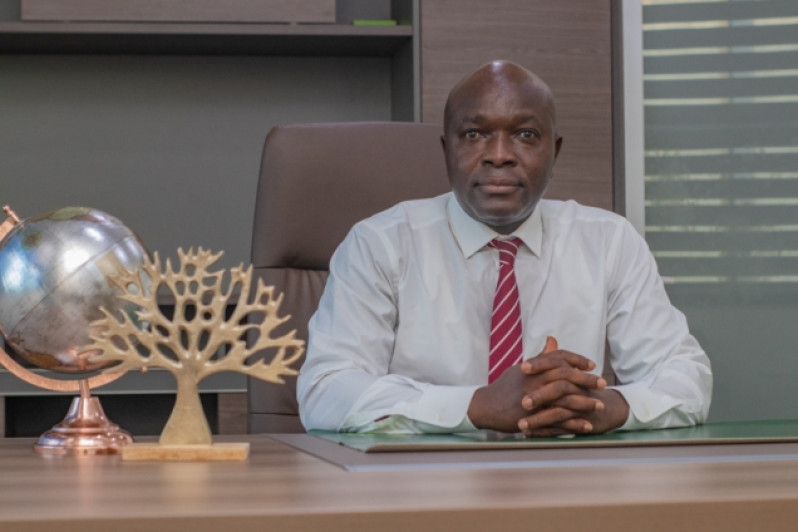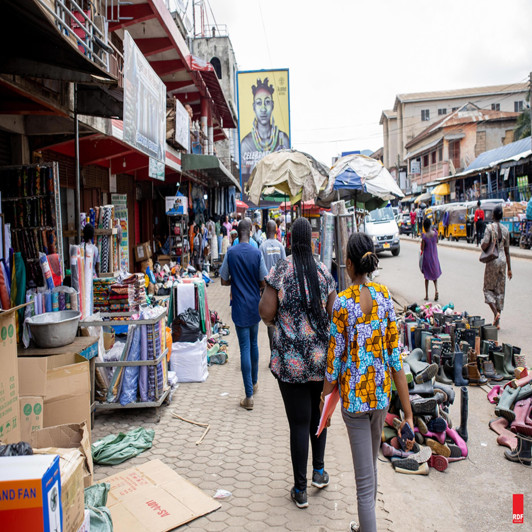
24-hour economy explained
Ghana is on the brink of progress, and it's time to embrace a new way of doing things.
A 24-hour economy is not just a concept; it's an opportunity to unlock Ghana's full potential.
It's a commitment to expanding productivity and prosperity beyond daylight hours.
Imagine a Ghana where businesses operate around the clock, creating more job opportunities and innovation.
Think of lively streets, bustling markets and night-time activities that boost the economy and vibrancy of society. However, this transformation is about more than just extending working hours. It's about creating an environment that fosters entrepreneurship, creativity and inclusivity. It requires us to invest in infrastructure, technology and services that support a thriving night-time economy.
We must also collaborate with stakeholders to shape a future that benefits all. While this endeavour has its challenges, such as safety concerns and disruptions, we can address them through meticulous planning, community engagement and continuous evaluation.
A 24-hour economy isn't just about economics; it's about building a society that embraces diversity and promotes culture and well-being.
Together, we can propel Ghana into an era of continuous growth and prosperity. Let's embrace the opportunities that a 24-hour economy presents and pave the way for a brighter future for generations to come.
A 24-hour economy is a system where businesses and services operate beyond traditional daytime hours, making them available in the evenings, night-time and early morning.
This allows for increased flexibility in accessing goods and services and creates more job opportunities, especially for individuals who prefer or are available to work during non-traditional hours.
Operating around the clock also increases productivity and diversifies activities, making it possible to offer a broader range of services and fostering a vibrant nightlife, cultural events and entertainment options.
Additionally, a 24-hour economy facilitates global trade, communication and financial transactions, allowing for excellent connectivity and efficiency.
If Ghana wants to implement a night-time economy policy, it should follow a strategic and inclusive approach.
This involves engaging key stakeholders, developing a comprehensive policy framework, initiating pilot programmes, improving infrastructure and safety measures, revising existing regulations, providing support and incentives to businesses, launching a comprehensive marketing and awareness campaign, involving the community throughout the rollout process, implementing mechanisms to monitor the impact of the policy rollout regularly, and adapting and improving the policy continuously based on feedback and data collected.
Rolling out a night-time economy policy in Ghana would require a strategic and inclusive approach as listed below:
Stakeholder engagement
Engaging key stakeholders, including local businesses, residents, community leaders, law enforcement, and relevant government agencies. Understand their perspectives, concerns, and aspirations regarding the night-time economy.
Policy development
Formulate a comprehensive policy framework that outlines the vision, objectives, and strategies for promoting the night-time economy.
This policy should encompass infrastructure development, safety measures, regulatory changes and business support.
Pilot programmes
Consider initiating pilot programmes in specific neighbourhoods or cities to test different aspects of the policy.
This allows for adjustments based on real-time feedback before scaling up initiatives across the country.
Infrastructure, safety
Invest in infrastructure improvements such as better lighting, pedestrian-friendly spaces, and enhanced security measures.
Work closely with law enforcement to ensure safety and security during extended hours.
Regulatory reforms
Review and revise existing regulations related to business operating hours, licensing, noise ordinances, and zoning to support the night-time economy.
Ensure these changes align with safety and community interests.
Business support
Provide support, incentives and resources to businesses willing to extend their operating hours.
This could include financial incentives, streamlined licensing processes, and marketing assistance.
Promotion, awareness
Launch a comprehensive marketing and awareness campaign to promote the benefits of the night-time economy.
To reach a wide audience, utilise various channels such as social media, local media and community events.
Community involvement
Continue engaging with—the community throughout the rollout process.
Hold town hall meetings, focus groups and surveys to gather feedback and make necessary adjustments.
Monitoring, evaluation
Implement mechanisms to monitor the impact of the policy rollout regularly.
Assess its effectiveness in terms of economic growth, community engagement, safety improvements and overall quality of nightlife.
Adaptation, improvement
Based on the feedback received and the data collected, adapt and improve the policy continuously.
Be flexible and willing to make changes that better suit the needs and dynamics of the night-time economy in Ghana.
The writer (Dr Shelter Lotsu) is a Consultant.

E-mail: s.lotsu@tslsustainability.com/
shellotsu@gmail.com
Disclaimer: "The views expressed on this site are those of the contributors or columnists, and do not necessarily reflect 24houreconomy.org’s position. 24houreconomy.org will not be responsible or liable for any inaccurate or incorrect statements in the contributions or columns here."
Share On Social Media 888
Other Stories
Mahama’s 24-hour economy is crucial and timely for Ghana’s junk-economy
The need of policy framework for a 24-Hour economy in Ghana
Charting a new course for Ghana's Development:24-hour economy vision-Prince Ibrahim
Meaning, Operations and Impact of 24-Hour Policy on Ghana’s Economy
Benefits of 24-Hour Economy in Health Sector- the Perspective of a Health Professional in the UK
The 24-Hour Economy And Its Importance To Ghana’s Economic Growth
24-Hour economy to solve rising unemployment issues in Ghana:
24-HOUR ECONOMY
Economy
Related News
News
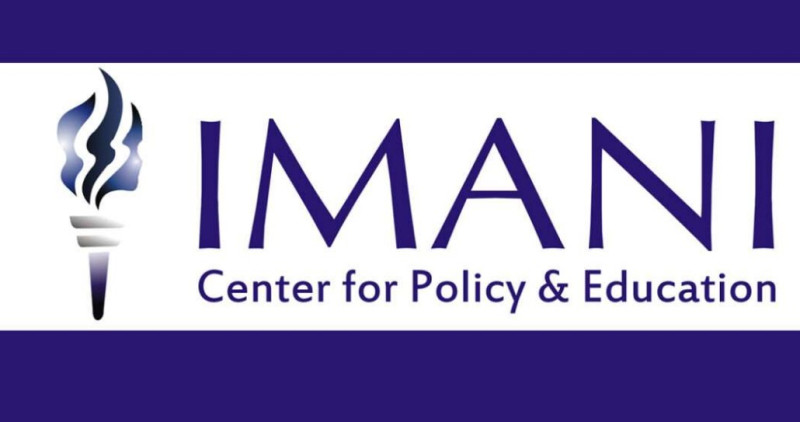
24-Hour economy policy a major improvement on past fragmented initiatives – IMANI Africa
Read More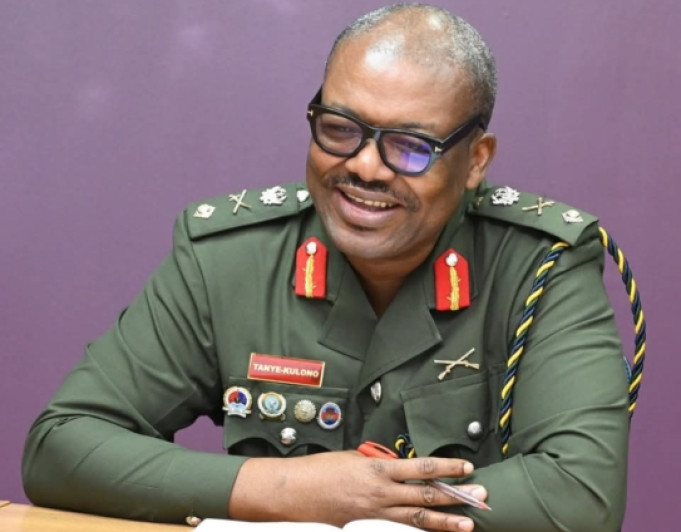
GPHA launches full 24-hour operations at Tema and Takoradi Ports in response to presidential directive
Read More